Philosophy
Jhamtse Gatsal is Tibetan for “Garden of Love and Compassion.” Founder Lobsang Phuntsok chose the metaphor of a garden because gardening believes in the future and the potential of a tiny seed to grow into a magnificent, bountiful tree. As a gardener envisions abundant, fruit-laden trees when s/he tirelessly nurtures the seeds, so does our work of raising and educating children at Jhamtse Gatsal.
We see in children the immeasurable potential to become their most amazing selves. However, this potential is not something that we, the adults, carve or shape them into, as though children were lifeless logs of wood. It is nurtured over the years through love and compassion to grow, sustain and regenerate itself in countless ways for generations to come.
Our work at Jhamtse Gatsal is one of nurturance, not fixing. Our actions are nurtured with compassion and guided by wisdom. These are our core values. We seek not to fix the outside world. As teachers of life, the adults in the Community relentlessly work with the children to help them develop a deeply rooted and firm inner core that is evinced in their outward actions.
We believe that with a network of deep, inner roots, “right living” and right livelihood would be the natural choices our children would make. As we tell our children, we can address the biggest challenges that our planet faces today – poverty, hunger, climate change, environmental degradation, violence, conflict, war, and human rights injustices – through inner strength. Our thinking creates our actions; thus, our behaviors and actions automatically change when we change our thinking or mindset.
Key programs and activities
As part of our model of educating each child's heart, mind, and body through the learn, reflect, and engage pedagogy, the following are the core programs and activities at Jhamtse Gatsal Children’s Community.
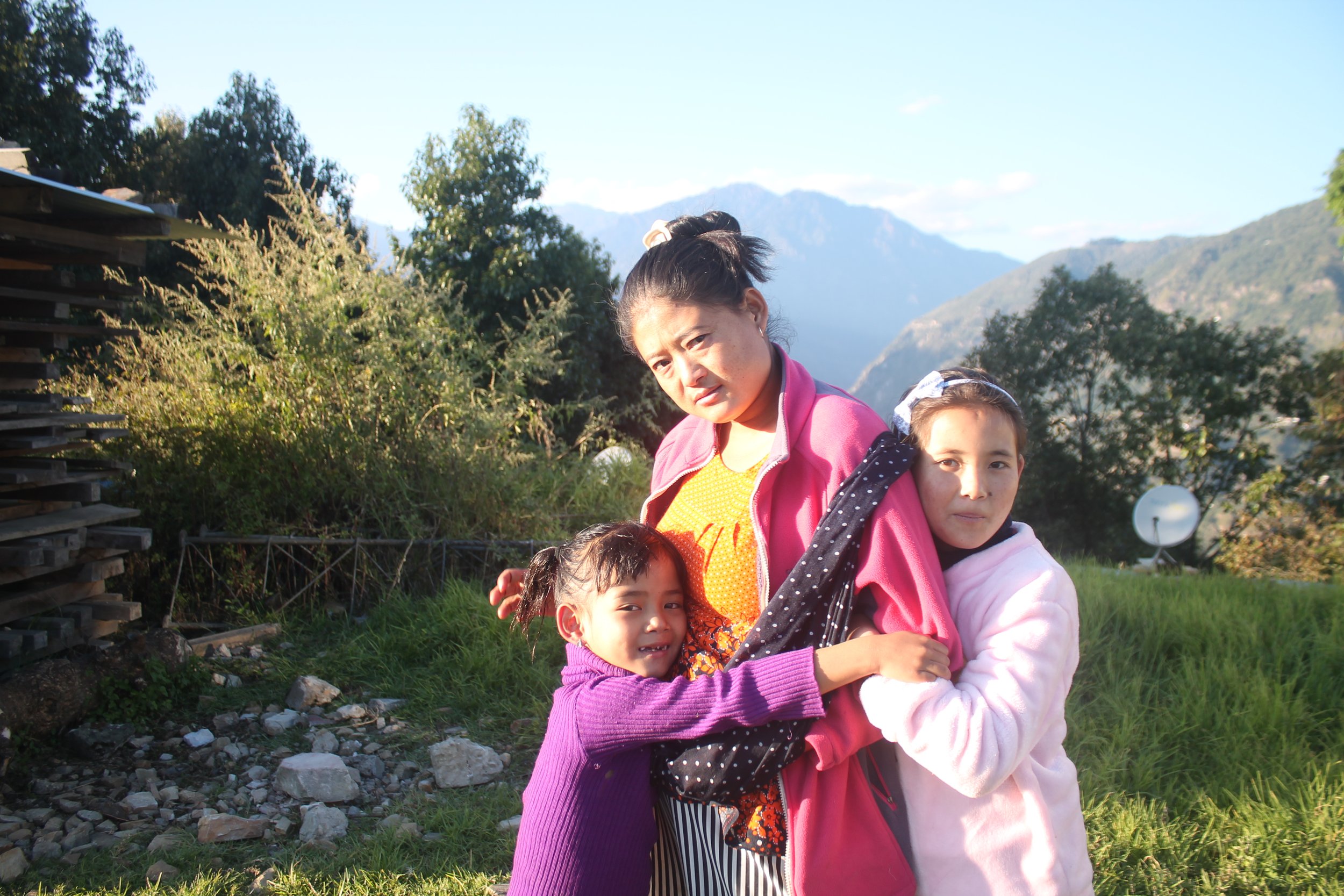


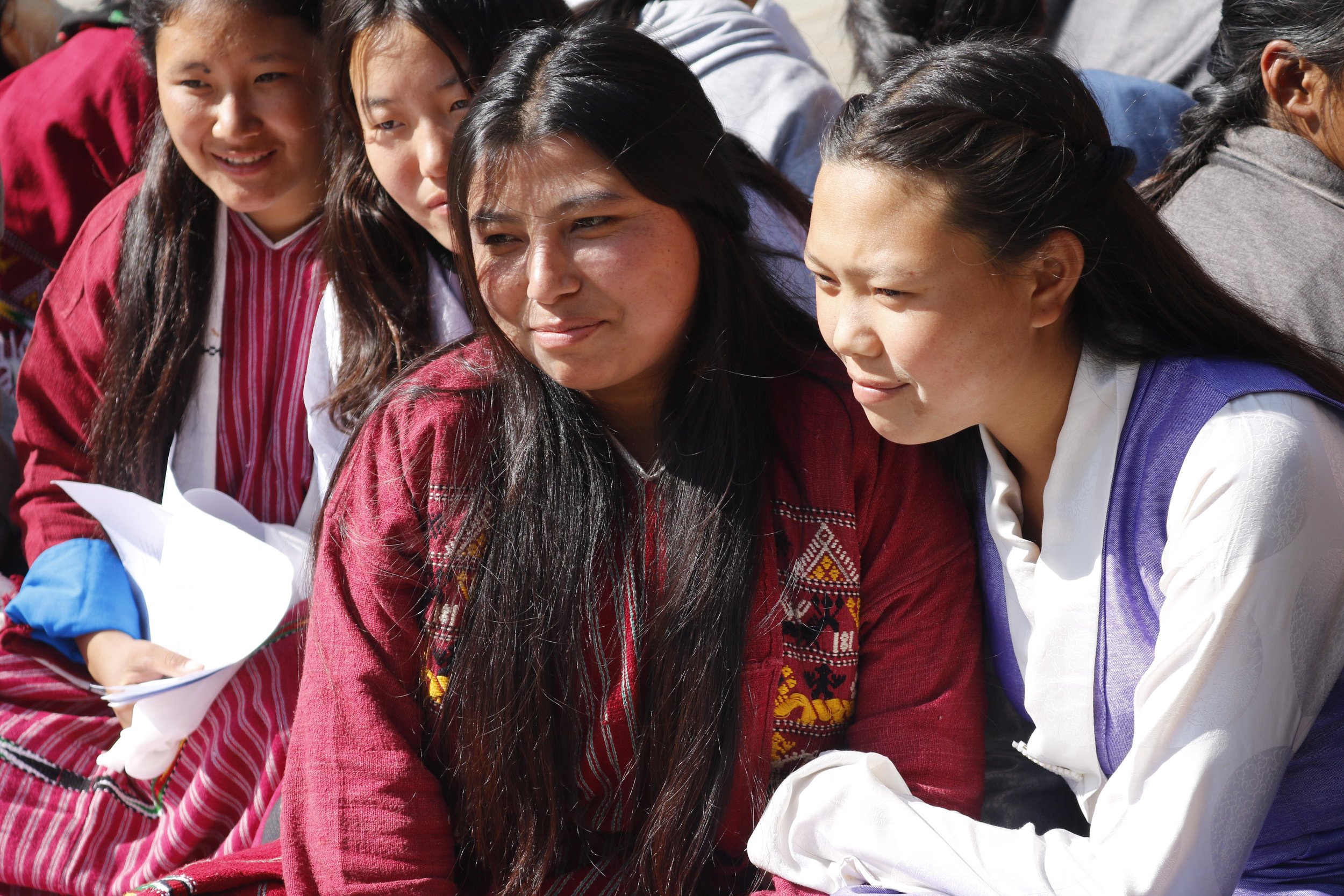
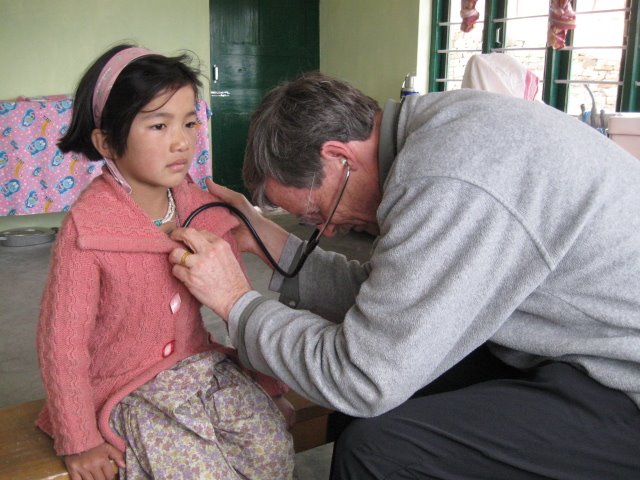
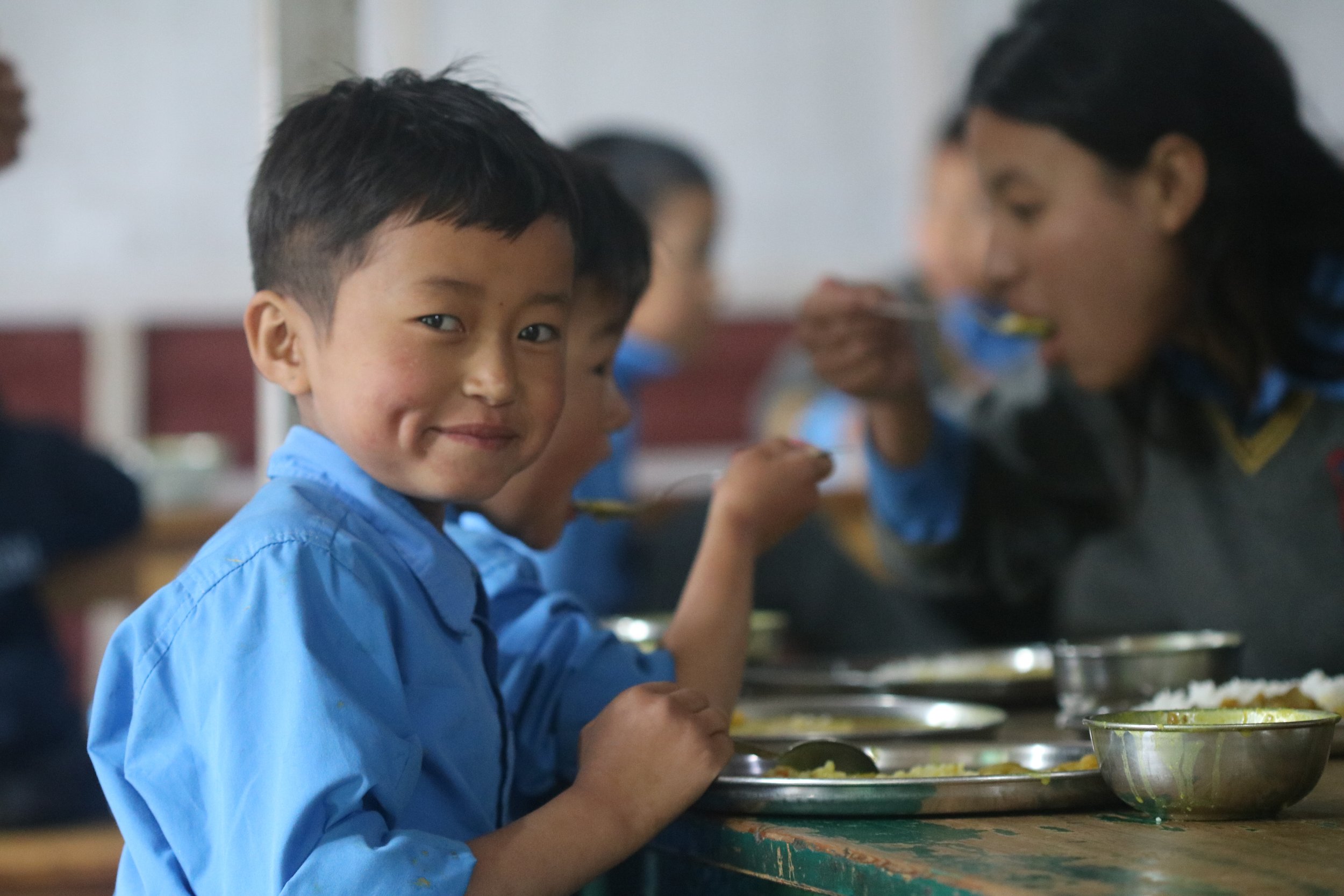
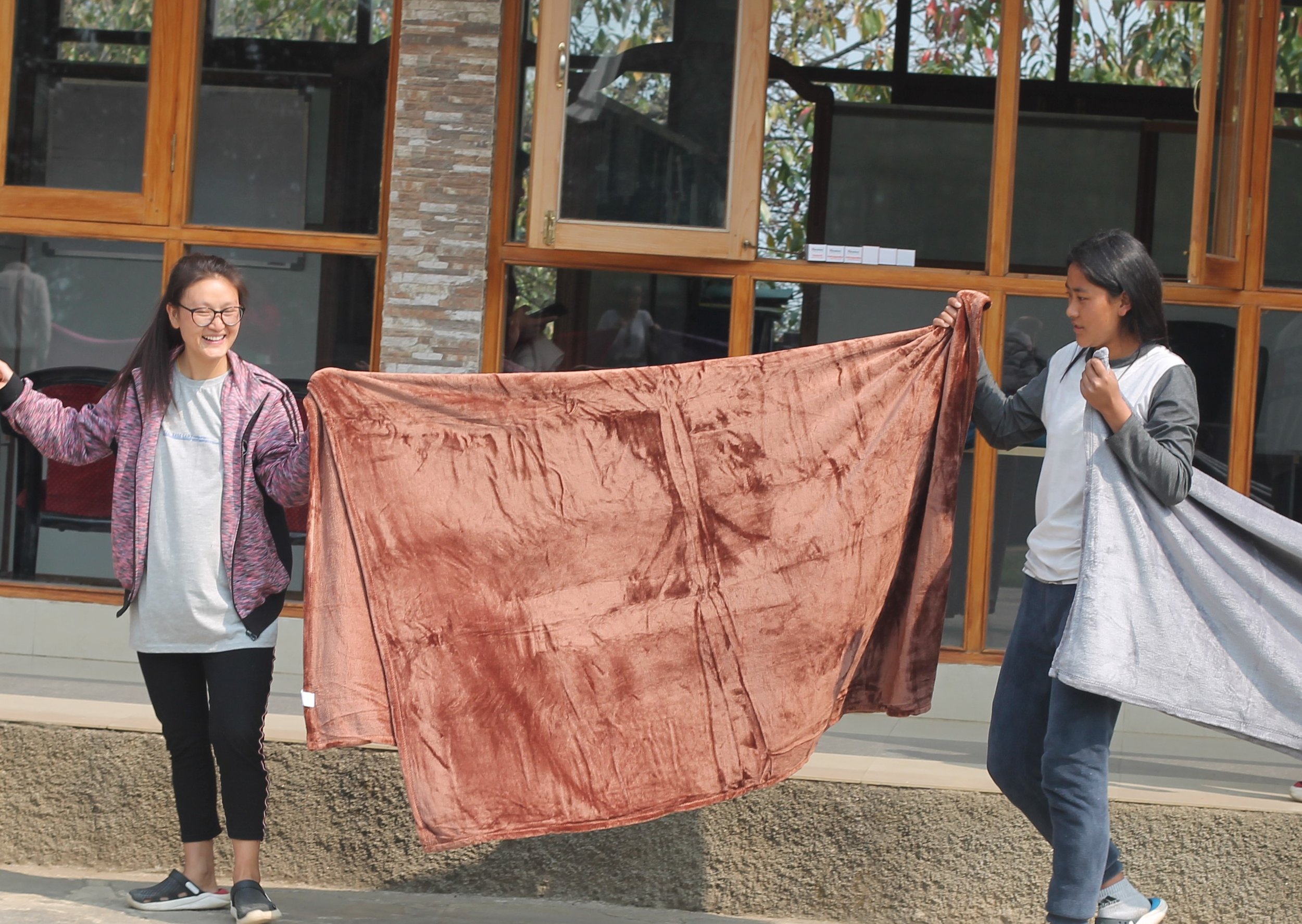
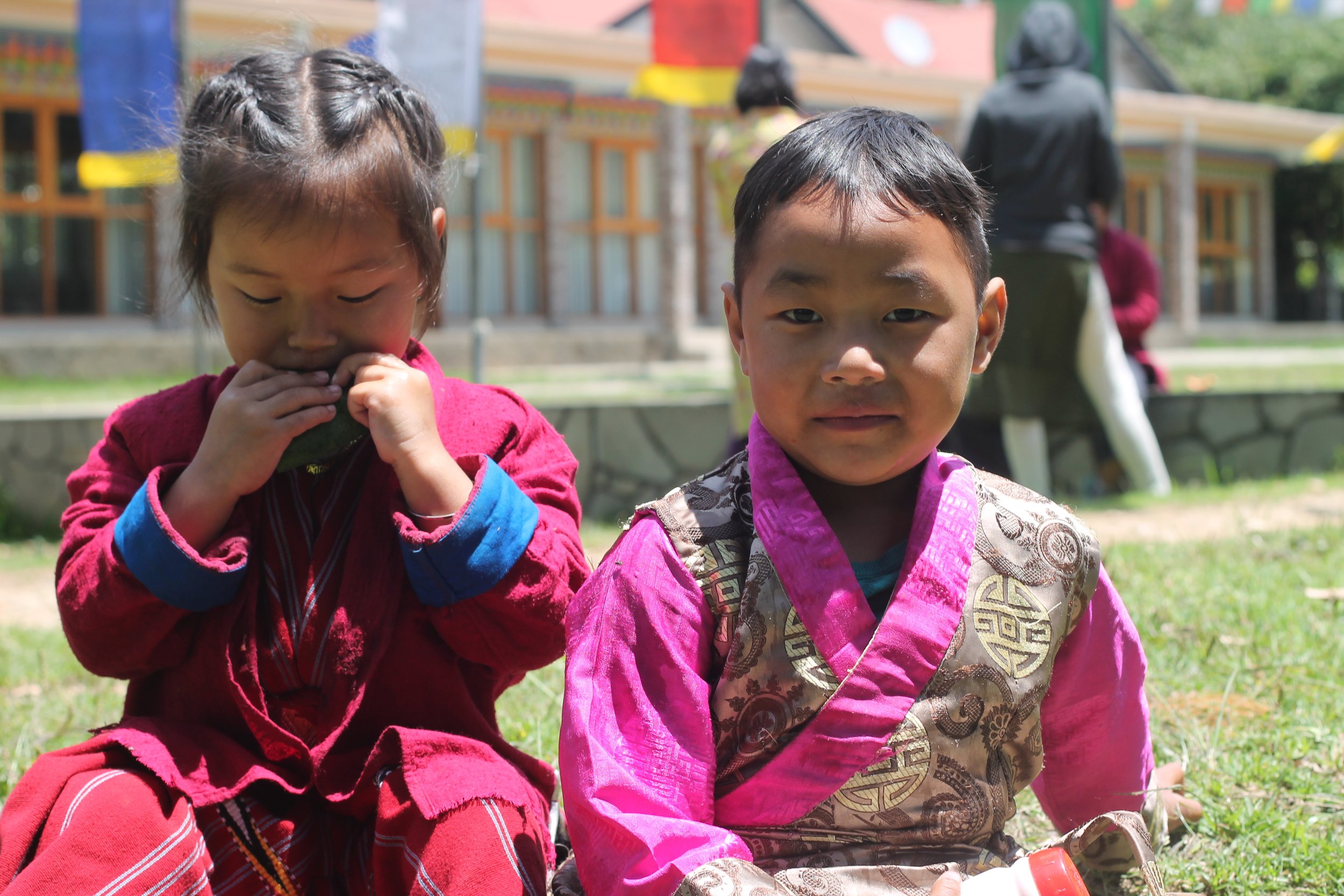
Sustainable and mindful living practices
Jhamtse Gatsal is a strong proponent of sustainable and mindful living. Our overarching goal is to become self-reliant in the near future. We also aspire to provide regional training programs to inspire and support local people interested in setting up enterprises in these areas.
Abhijit writes: This map shows the steps Jhamtse Gatsal is taking to be a sustainable community. The areas in which we are trying to make some changes have been highlighted here. For instance, we use solar panels instead of only relying on the grid for our electricity needs. We have a grey and black water recycling plant using DEWATS. Using this technique, we recycle our grey and black water, which we use to irrigate our gardens.
Organic Farming and Allied Practices
Jhamtse Gatsal practices organic farming and vermicomposting. We meet much of our produce needs from our organic gardens. We use simple techniques like mulching, raised beds, crop rotation, and our own vermicomposting and bio-enzymes to care for the land. We hope that in the next few years, we will be able to achieve our goal of producing 95-100% of our food.
Seed Conservation
Since many of our indigenous seed varieties are slowly disappearing with the growing use of high-yield hybrid seeds, we collect local seeds to build a robust seed bank of our native crops. We work closely with Annadana Soil and Seed Savers in Bangalore to train our staff in seed-to-seed farming. Our goal is to preserve indigenous seeds for future generations' food security and maintain our local farmers' safety and well-being.
Horticulture and Apiculture
A few fruit-bearing trees are already on campus, including walnuts, peaches, and apricots. We plan to expand our budding horticulture project to include indigenous varieties of pine and medicinal herbs native to the Himalayan region and other fruiting trees.
Lastly, we are working with advisors in Europe, Bhutan, and India to initiate apiculture practices to help regenerate and replenish the biodiversity and ecology of our Himalayan region. We aim to create an enterprise to collect and sell organic, wild, high-altitude honey.
Water Management
Water scarcity is becoming a recurring challenge in the region due to wasteful water use and poor water management practices. At Jhamtse Gatsal, we practice sustainable water management through rainwater harvesting and black and gray water recycling through the DEWATS approach. We have initiated a project with Biome Environmental Solutions, a Bangalore-based design firm, focused on providing ecological, architectural, and water-conservation solutions in order to make our campus self-reliant in our water needs. We also hope to install a drip irrigation system in our organic gardens to use our recycled black and gray water resourcefully.
Clean Energy
With the support of the US-based solar energy corporation Goal Zero, Dell Computers, and Mike Libecki, a National Geographic explorer, we have ensured 60% solar backup for our key buildings on campus. We have initiated a project to make ourselves 100% self-sufficient and energy independent by harnessing our solar potential.
Waste Management
Jhamtse Gatsal aspires to be a zero-waste community. We have taken conscious steps as a community to minimize our waste generation. We hope to inspire local communities to revive our indigenous and environment-friendly practices of using natural products. We also want to serve as a regional resource hub for reducing our carbon footprint; to this end, we are installing a plastic recycling plant at Jhamtse Gatsal and modeling zero-waste lifestyle choices. We are also working on a project utilizing plastic waste for laying roads.
Natural Construction
We have three naturally climate-controlled cob houses on campus. Ninety percent of the raw materials used in their construction are local bio-waste products, like clay soil, rice husk, cow dung, and horse manure. Concrete buildings are climatically unsuitable for our mountainous location and incur heavy construction and maintenance costs for our Level 5 seismic zone. Cob houses could be an affordable, analogous, and seismic solution for our local stone architecture, which is becoming increasingly expensive to construct and maintain. With this natural solution, we hope to inspire and educate local communities to revive indigenous and traditional building practices.
Giving a Break to Mother Earth and Feeding the Hungry
This Jhamtse practice of giving up one meal a week acknowledges Mother Earth's generosity and gives her a small break from providing for our daily needs. The food saved from this weekly one-meal abstinence by our community of about 150 people can feed approximately 50 local children for one month. This simple practice helps us to embody the essence of interdependence at a personal level and meets the needs of others.



